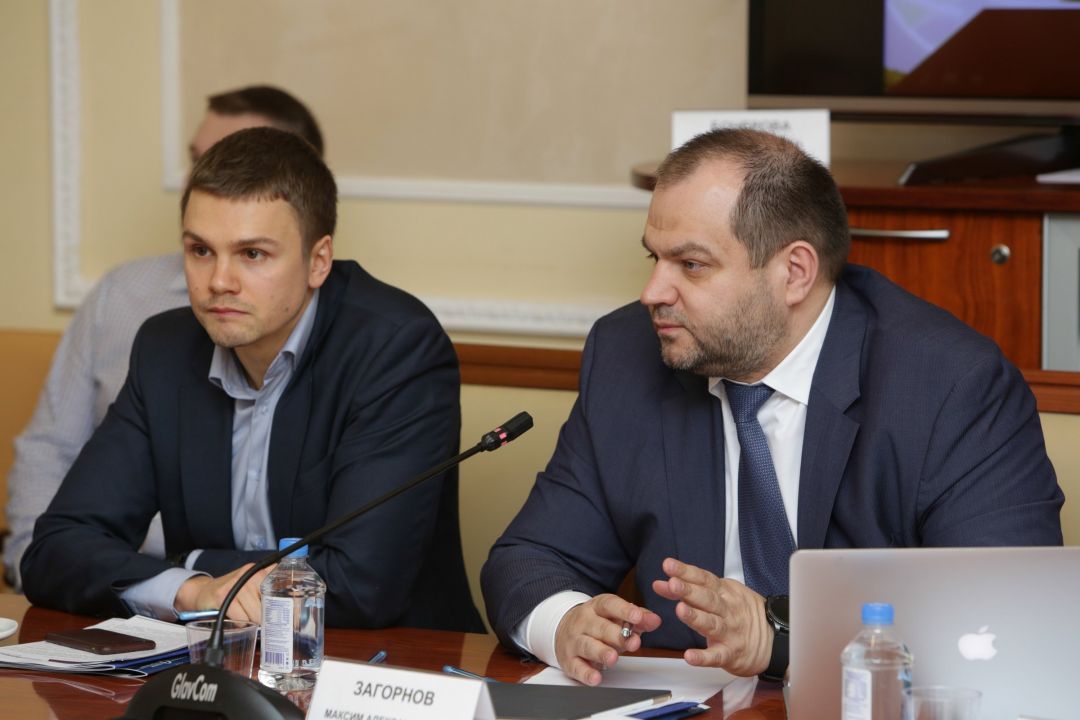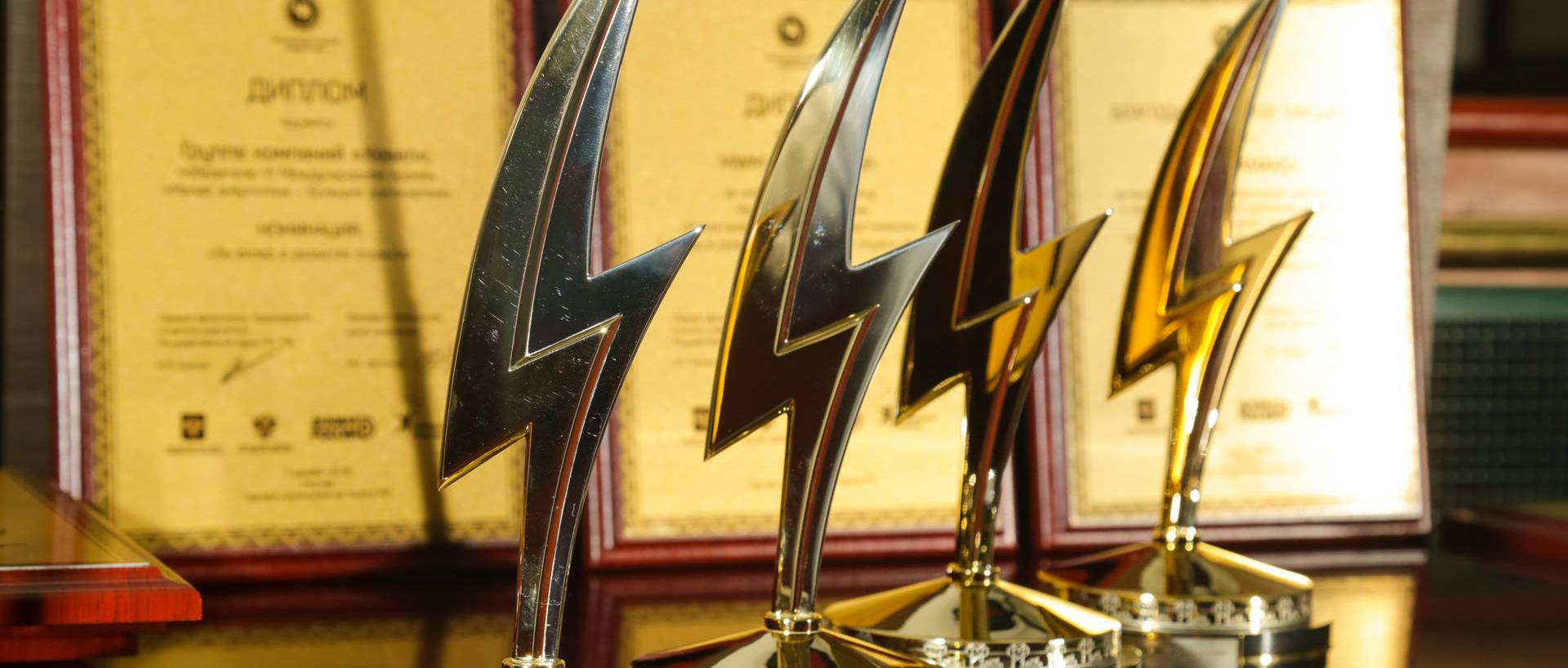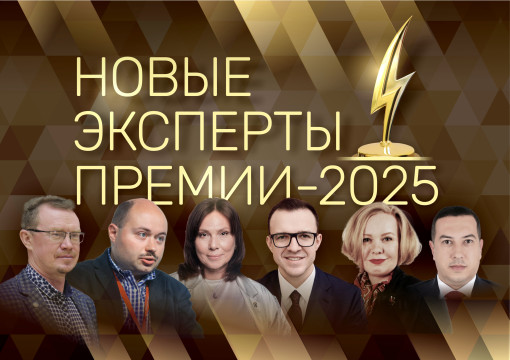A joint meeting of two subcommittees of the Energy Committee of Business Russia took place in Moscow: the subcommittee on small-scale generation (headed by Maxim Zagornov, President of the Small-scale Power Association) and the subcommittee on modernization and increasing accessibility of energy infrastructure. The participants of the meeting discussed how to lower the threshold for entry to the wholesale electricity market from 25 MW to 5 MW and how to optimize technological connection to the power grid. The proposals are planned to be submitted to the Government of the Russian Federation.
Maxim Zagornov, Chairman of the Small Generation Subcommittee of Business Russia and President of the Small Power Association, noted that the Ministry of Energy's initiative may lead to the entry of up to 6 GW of local generation into the wholesale market. As a result, business expenses for power supply may increase by 100 billion rubles a year. In March, the Small Power Association already sent a letter to the control department of the Russian president with a request to abandon such an idea, as it would increase the costs of industrial consumers to buy electricity from the general grid.
"Lowering the threshold for mandatory participation of power plants in the wholesale electricity and capacity market will take regulators and energy market participants away from solving the problem of surcharges and subsidies, make room for further increase of non-market load, which will eventually aggravate the situation in the energy market, strengthen incentives for consumers to switch to autonomous power supply, due to which the risks of decentralization and collapse of the energy system will materialize," said Maxim Zagornov.
Valery Zhikharev, a representative of the subcommittee on small-scale generation of "Business Russia", vice-president of the Association of Small Power Industry, speaking about technical connection to power grids, said that grid organizations often perceive businesses as competitors who create problems for the grid monopoly.
"Consumers are always dissatisfied with the quality of power supply and demand that it be brought in line with the required parameters. As a rule, grid organizations cannot ensure that these parameters are met. As a solution, businesses are building their own generation in huge quantities. We receive a large number of requests from all sectors - developers, agriculture, shopping centers, large metallurgy, machine building. This happens in response to the monopolization of the power grid sector," said Valery Zhikharev.
According to him, cases of imposing unreasonable and excessive requirements for connecting to the grid are being recorded more and more often. "Often the grid organization does not have the ability to fulfill them in terms that would satisfy the applicant and at a cost that would satisfy the applicant, that is, the measures and excessive costs are huge. For example, in order to obtain technical conditions for the issuance of 150 kW into the network, the grid organization issues technical conditions at a cost of 90 million rubles, provided that the power installation for 1000 kW", - said the expert.
He noted that the subcommittee previously proposed to finalize the procedure of technical connection, providing the possibility for Rostechnadzor at the request of the applicant to check the measures for redundancy and subsequently obtain a certificate of technical connection. "The first proposal is to provide for Rostechnadzor's right to check the redundancy of measures. The second is to consider what format to create an expert body that would involve Rostechnadzor, Glavgosexpertiza and business representatives in a systematic approach to the review of such applications if, in the applicant's opinion, they are redundant. We had a proposal to make this body under the FAS," said Valery Zhikharev.
These proposals were also supported by Alexei Sinelnikov, Deputy Director for Retail Market and Grid Development of the Association "Community of Energy Consumers". "If for facilities less than 50 MW there was an opportunity not to make a scheme of external power supply, to attract experts to their side, it would probably be correct at the entry stage. It would make sense to leave only Rostechnadzor as an organization that has the right to authorize switching on an electrical installation, voltage setting, and power take-off. They are responsible for the safety of electricity supply. Rostechnadzor at the stage of issuing a certificate of authorization should check the readiness of the electrical installation, as well as the possibility of voltage supply without additional measures," explained Alexei Sinelnikov.
As a result of the meeting it was decided to send from "Business Russia" to the Government of the Russian Federation proposals on the issue of exclusion of redundant measures from the technical specifications (TS) for technological connection to power grids. As well as a unified position on the issue of lowering the threshold for mandatory sale on the wholesale market of all electricity (from 25 MW to 5 MW) produced at consumers' own power plants.





